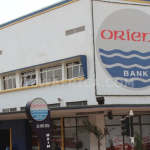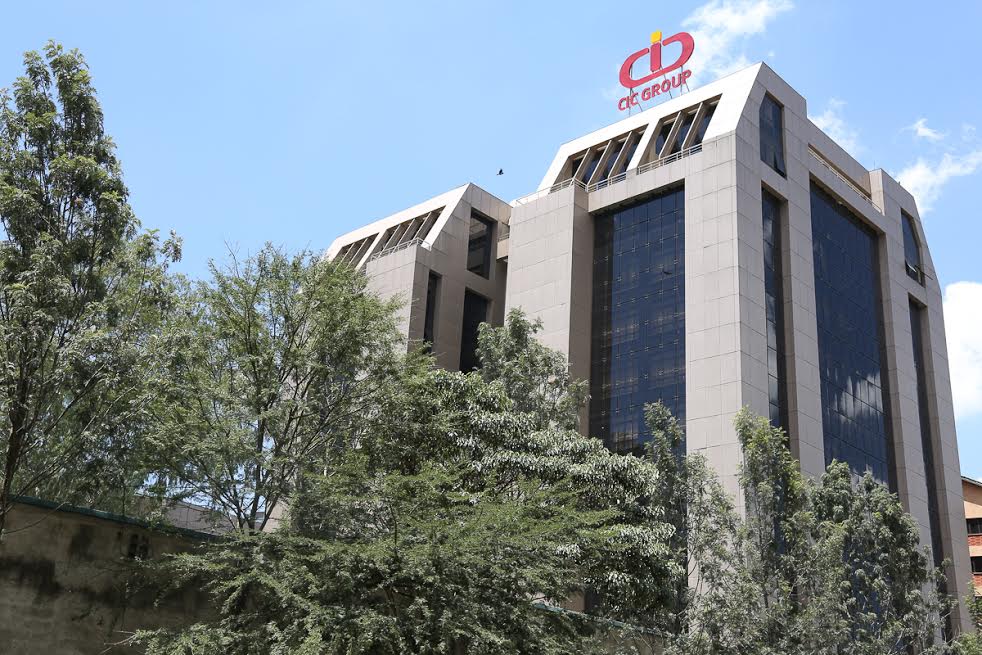A decline in equity and bond prices at the Nairobi Securities Exchange (NSE) as a result of a slowdown in economic activity is expected to curtail the growth of the pensions industry. The hardest hit are pension schemes that invest a large proportion of funds in the stock market.
A drop in equity prices in the first half of 2020 has already reduced the value of quoted equities held by the schemes. Things are expected to worsen for the pension industry due to a drop in contributions, a reduction in the value of assets, and a dip in profits from investments.
A total of 83 employers participating in 43 retirement benefits schemes have applied for suspension of contributions owing to the effects of the pandemic. The pensions industry is, therefore, projected to lose about Ksh1.78 billion in contributions, eroding pensions assets due to the forfeited investment income from contributions.
The Kenya Financial Sector Stability Report, 2020, shows the pensions industry recorded a strong growth of 11.3% in total assets in 2019 compared to 2018, supported by improved monthly contributions. Government securities, immovable property, quoted equities, and guaranteed funds formed the core of the industry’s assets portfolio.
Fund managers and approved issuers held 90.4% of the total pension assets, with the remainder being internally managed by schemes including the National Social Security Fund (NSSF), which administered a total of Ksh57.16 billion.
Read Also >> Property Or Pension? How to Choose Best Retirement Plan
The pension coverage, however, remains low at 22% of the total labour force in 2019, a slight improvement from 20% in 2018 with a majority of those covered being in the formal sector.
The low level of the pension penetration in the informal sector has necessitated a shift in industry focus to boost pension savings among this category of workers. The industry has been relatively stable with the overall risk score at 3.09 in 2019 but below the desired overall risk score of 2.88.
Among the main issues facing the industry is the market risk given that about 94% of pension assets are held in just four asset classes. For instance, an increase in interest rates will lead to valuation losses for government securities and corporate bonds.
Good governance
There is also a loss of corporate bonds and fixed deposits in case of insolvency. The pension schemes and fund managers who have invested in buildings and land face liquidity risks occasioning delays in settling member benefits.
Besides, schemes’ investments also face inflation, currency (exchange rate), and credit or counterparty risks. The service providers (trustees or the sponsors), also expose the industry to governance and reputational risks emanating from conflict of interest.
Iincrease in interest rates will lead to valuation losses for govt securities and corporate bonds.
To address these risks, RBA has issued guidelines on good governance and treating customers fairly. After gazettement of sound governance practices guidelines and guidelines on fair treatment of customers in 2019, the process has now moved to implementation by industry players.
Secondly, the regulations shortened the period allowed to exit from investment in a guaranteed fund to one year or less. Also, for the occupational and individual schemes, there will be distribution of reserves to exiting members where a scheme has a reserve fund.
Meanwhile, the members of retirement benefits schemes can now access a portion of their accrued benefits to purchase a residential house.
Next >> Property, Pension Industry Give a Thumbs Up to New Mortgage Rules













Leave a comment